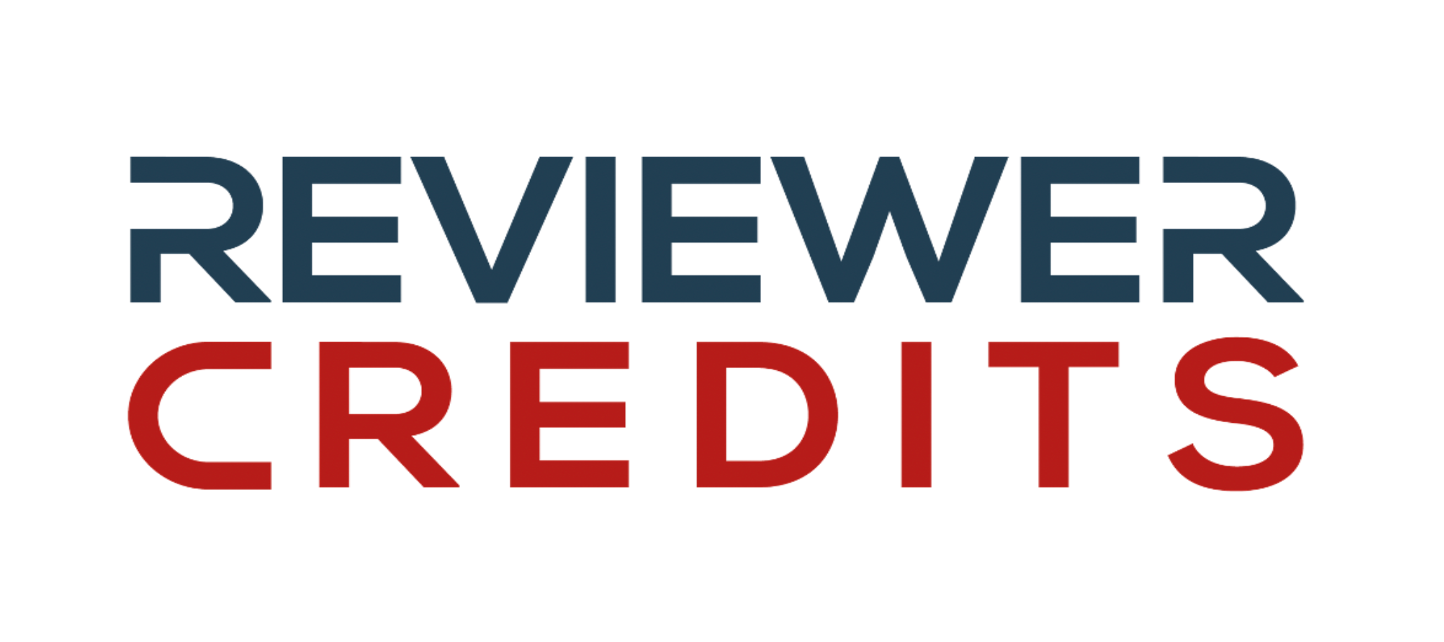A CORPUS-BASED CONTRASTIVE ANALYSIS OF CERTAINTY AND DOUBT ADVERBIALS IN ACADEMIC DISCOURSE BY NATIVE ENGLISH AUTHORS AND NON-NATIVE KURDISH AUTHORS
Abstract
The use of stance adverbials in academic writing is of great significance as they have the ability to influence the rhetorical stance of the author. Within this domain, Adverbials that express certainty or doubt play a critical role in indicating the amount of commitment the authors have towards the information they communicate. This study presents findings from corpus-based research conducted to examine the use of adverbials expressing certainty and doubt by both native English authors and non-native Kurdish writers. The data for quantitative analysis is taken from two corpora: the Non-Native speaker corpus (KNNSC) and a subcorpus of academic discourse by English native speakers complied from CAEC (Cambridge Academic English Corpus) as a reference corpus. The analysis in both corpora was carried out using the Sketch Engine (SkE) software. This study addresses the significance of stance adverbials in academic writing, especially for Kurdish scholars, filling a gap in the literature and illuminating their role in reflecting cultural, linguistic, and identity. Author study focuses on the restricted comprehension of adverbial markers of stance in academic writing, especially in our EFL context . The study underlines the need of studying stance markers in non-native English authors, who struggle to communicate certainty and doubt in their research. The results obtained from data analysis in this research revealed a notable disparity in the frequency of the use of the aforementioned adverbials between the two groups of authors. In addition, the underuse of these adverbials by non-native Kurdish authors can be explained in terms of culture and the degree of the proficiency in the use of adverbials by the writers
Downloads
References
Biber, D. & Finegan, E. (1988). Adverbial stance types in English. Discourse Processes, 11(1), 1-34. https://doi.org/10.1080/01638538809544689
Biber, D., Johansson, S., Leech, G., Conrad, S. & Finegan, E. (1999). Longman grammar of spoken and written English. Essex: Longman. https://doi.org/10.1162/089120101300346831
Çakir, H. (2016). Native and Non-Native Writers’ Use of Stance Adverbs in English Research Article Abstracts. Open Journal of Modern Linguistics, 6, 85-96. http://dx.doi.org/10.4236/ ojml.2016.62008
Charles, M., Pecorari, D., & Hunston, S.(Eds.). (2009). Academic Writing : At the interface of corpus and discourse. Continuum International Publishing Group DOI:10.1016/j.jslw.2011.10.001
Connor, U. (2004). Intercultural rhetoric research: beyond texts. Journal of English for Academic Purposes, 3, 291–304. https://doi.org/10.1016/j.jeap.2004.07.003
Conrad, S. & Biber, D. (1999). Adverbial Marking of Stance in Speech and Writing. In S. Hunston & Thompson, G. (Eds.), Evaluation in text: authorial stance and the construction of discourse (pp.56-73). New York: Oxford University Press. DOI: 10.4236/ me.2022.133016.
Crismore, A. & Farnsworth, R. (1990). Metadiscourse in Popular and Professional Science Discourse Writing Scholar. Studies in Academic Discourse. Sage, Newbury Park, CA. https://scholar.google.com/scholar_lookup?title=Metadiscourse%20in%20popular%20and%20professional%20science%20discourse&publication_year=1990&author=Avon%20Crismore&author=Rodney%20Farnsworth
Gilquin, G., Granger, S. & Paquot, M. (2007). Learner corpora: The missing link in EAP pedagogy. Journal of English for Academic Purposes, 6(4), 319-335. doi:10.1016/j.jeap.2007.09.007
Hinkel, E. (2003). Adverbial Markers and Tone in L1 and L2 Students’ Writing. Journal of Pragmatics, 35, 1049-1068. http://dx.doi.org/10.1016/S0378-2166(02)00133-9
Hunston, S. & Thompson, G. (2000). Evaluation in text: Authorial stance and the construction of discourse: Authorial stance and the construction of discourse. Oxford University Press, UK.https://books.google.iq/books?hl=en&lr=&id=k8nSuoF0-XoC&oi=fnd&pg=PR10&ots=9clAr8kgVh&sig=qVNsRKVwCX7e0y6jo9tRuBRLCf4&redir_esc=y#v=onepage&q&f=false
Hyland, K. (1998). Boosting, hedging and the negotiation of academic knowledge. Text & Talk, 18(3), 349-382. https://doi.org/10.1515/text.1.1998.18.3.349
Hyland, K. (2002). Options of Identity in Academic writing. ELT Journal, 56(4) , 351-358 .Oxford University Press. https://doi.org/10.1093/elt/56.4.351
Hyland, K. (2004). Disciplinary interactions: Metadiscourse in L2 postgraduate writing. Journal of second language writing, 13(2), 133-151. https://doi.org/10.1016/j.jslw.2004.02.001
Hyland, K. & Milton, J. (1997). Qualification and certainty in L1 and L2 students' writing. Journal of second language writing, 6(2), 183-205. https://doi.org/10.1016/S1060-3743(97)90033-3
Hyland, K. & Tse, P. (2005). Hooking the reader: a corpus study of evaluative that in abstracts. English for Specific Purposes, 24(2), 123-139. https://doi.org/10.1016/j.esp.2004.02.002
Kilgarriff, A., Baisa, V., Bušta, J., Jakubíček, M., Kovář, V., Michelfeit, J., Rychlý, P. & Suchomel, (2014). The Sketch Engine: ten years on. Lexicography, 1(1), 7–36. https://doi.org/10.1007/s40607-014-0009-9
McGillivray, B., Kilgarriff, A., Bennett, P. (Ed.), Durrell, M. (Ed.), Scheible, S. (Ed.) & Witt, R. J. (Ed.) (2013). Tools for historical corpus research, and a corpus of Latin. New Methods in Historical Corpus Linguistics. Narr, Tübingen. https: // www.sketchengine.eu/wp-content/uploads/2015/05/Latin_historical_corpus_2013.pdf
Rayson, P., Berridge, D. & Francis, B. (2004). Extending the Cochran rule for the comparison of word frequencies between corpora. 7es Journées internationales d’Analyse statistique des Données Textuelles (JADT 2004), 2, , 926–936, Louvain: Presses Universitaires de Louvain. https://eprints.lancs.ac.uk/id/eprint/12424
Shaw, P. (2003). Evaluation and promotion across languages. Journal of English for Academic Purposes, 2(4), 343–57. doi:10.1016/S1475-1585(03)00050-X
Simon-Vandenbergen, A. & Aijmer, K. (2007). The semantic field of modal certainty: A corpus-based study of English adverbs. 56, Walter de Gruyter. https://doi.org/10.1515/9783110198928
Swales, J. M. (2002). Integrated and fragmented worlds: EAP materials and corpus linguistics. In J. Flowerdew (Ed.), Academic discourse ,150–164. London: Longman. . https://books.google.iq/books?hl=en&lr=&id=-1zJAwAAQBAJ&oi=fnd&pg=PA150&dq=Swales,+J.+M.+(2002).+Integrated+and+fragmented+worlds:+EAP+materials+and+corpus+linguistics&ots=kqzBlaN6zi&sig=EukodH8ErhzUhQ7puF0ZrzCvWoM&redir_esc=y#v=onepage&q&f=false
Tymoczko, M. (1998). Computerized Corpora and the Future of Translation Studies. Meta: Journal des traducteurs, 43(4), 652–660. https://doi.org/10.7202/004515ar
Wierzbicka, A. (2006). English: Meaning and Culture. Oxford University Press. https://www.jstor.org/stable/20108162
Zhang, G. Q. & Sabet, P. G. (2014). Elastic ‘I think’: stretching over L1 and L2. Applied Linguistics, 37 (3), 334-353. https://www.researchgate.net/ publication/ 307598606_Elastic_%27I_think%27 _Stretching_over_L1_and_L2
Online Log-Likelihood Calculator : https://ucrel.lancs.ac.uk/llwizard.html
Sketch Engine : https://www.sketchengine.eu
It is the policy of the Journal of Duhok University to own the copyright of the technical contributions. It publishes and facilitates the appropriate re-utilize of the published materials by others. Photocopying is permitted with credit and referring to the source for individuals use.
Copyright © 2017. All Rights Reserved.














